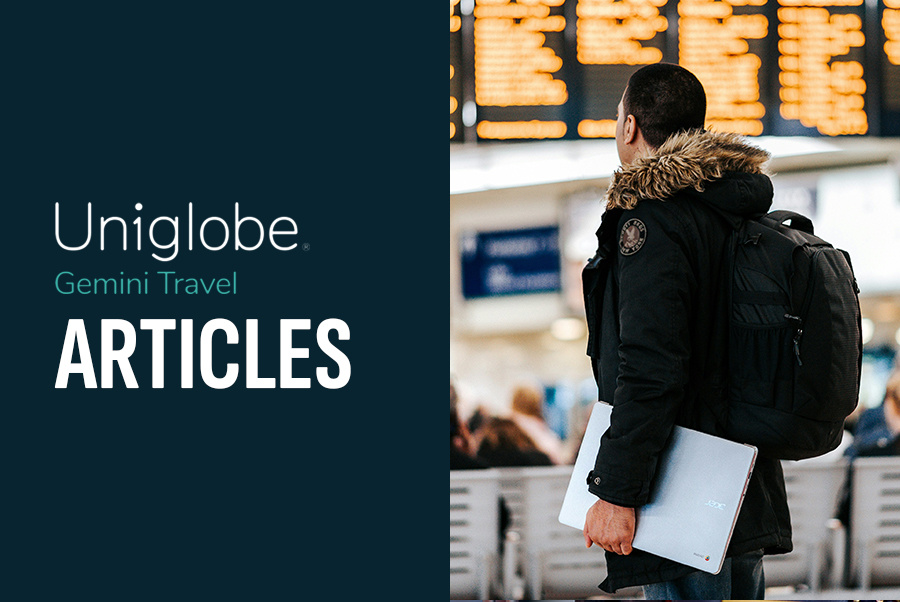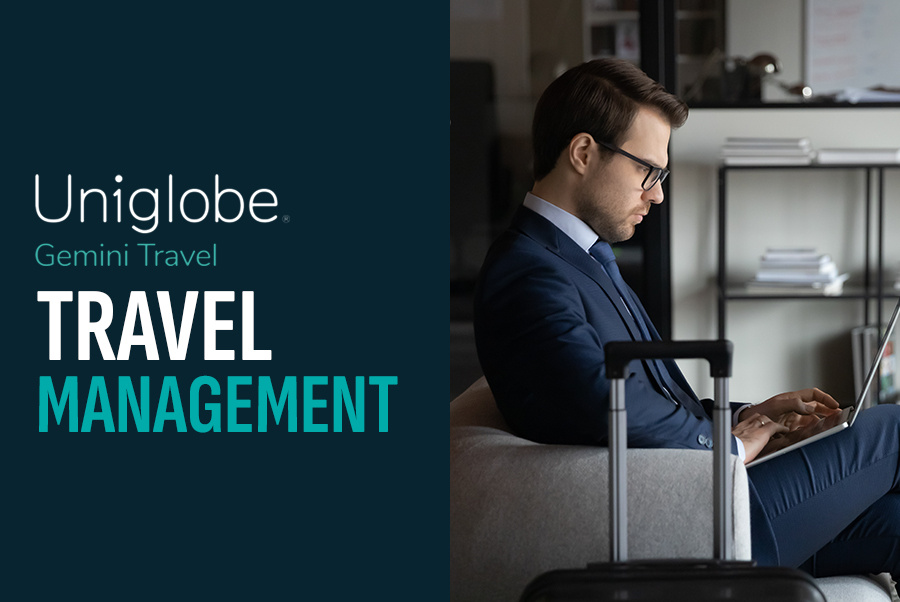How to Cut UK Business Travel Costs Without Compromising Quality

How to Cut UK Business Travel Costs Without Compromising Quality
In an environment of economic uncertainty, rising operational expenses, and increasing pressure to demonstrate return on investment, UK businesses are re-evaluating how they manage corporate travel. While travel is essential for client relationships, business development, and operational continuity, unchecked costs can strain budgets.
At Uniglobe Gemini Travel, we help businesses build smarter travel programmes that strike the right balance between cost control and traveller satisfaction. In this blog, we explore practical strategies for reducing business travel costs without sacrificing quality.
Understand the true cost of business travel
Effective budgeting starts with a clear view of what’s driving your travel spend. Beyond flights and hotels, businesses must account for:
- Last-minute bookings and change fees
- Out-of-policy bookings
- Travel delays and disruption
- Untracked expenses and manual processes
-
Missed opportunities for negotiated rates
By identifying inefficiencies and areas of overspend, companies can take a more strategic approach to managing costs.
How to reduce corporate travel costs effectively
1. Implement a travel policy with built-in flexibility
A well-crafted travel policy gives employees clear guidance while allowing room for reasonable decision-making. Businesses that balance policy enforcement with flexibility see better compliance and cost control. Key considerations include:
- Preferred booking channels
- Class-of-service limitations (e.g., economy for short-haul)
-
Advance booking expectations
-
Approval workflows for out-of-policy trips
2. Leverage negotiated rates and supplier relationships
Working with a travel management company provides access to pre-negotiated fares and corporate hotel rates that may not be available through public channels. This can result in:
-
Reduced airfares and accommodation costs
-
Added value such as free cancellations or meal credits
-
Preferred room types and loyalty benefits
3. Centralise travel booking
Centralised booking enables better oversight, reporting, and consistency. It helps eliminate fragmented spend across multiple platforms and gives procurement teams the data they need to optimise supplier deals.
4. Automate approvals and expense reporting
Manual expense reporting is time-consuming and error-prone. Travel automation tools streamline approvals, capture receipts automatically, and ensure expenses are submitted in policy. This reduces delays and improves budgeting accuracy.
5. Use data to drive better decisions
Real-time reporting provides insights into travel spend by department, route, supplier, and traveller. With this data, businesses can:
-
Identify high-spend routes for negotiation
-
Flag policy violations and exceptions
-
Forecast travel budgets more accurately
How Uniglobe Gemini Travel supports smarter budgeting
Through our integrated travel management platform, we offer:
-
Access to competitive fares and negotiated rates
-
Automated approval processes
-
Traveller tracking and reporting dashboards
-
Customised travel policy design and compliance monitoring
By centralising travel operations, businesses gain greater visibility and control—while ensuring a positive travel experience for employees.
Conclusion
Cost-conscious travel doesn't have to come at the expense of quality or employee experience. By implementing practical policy changes, embracing automation, and leveraging expert support, UK businesses can reduce corporate travel costs and improve budget performance.
For a broader look at the trends shaping business travel this year—including automation, new UK travel regulations, and sustainability—read our full article in The Future of Corporate Travel in the UK: Trends & Challenges in 2025.
Want to learn how automation can streamline your travel programme? Contact Uniglobe Gemini Travel to explore tailored solutions for your business.

